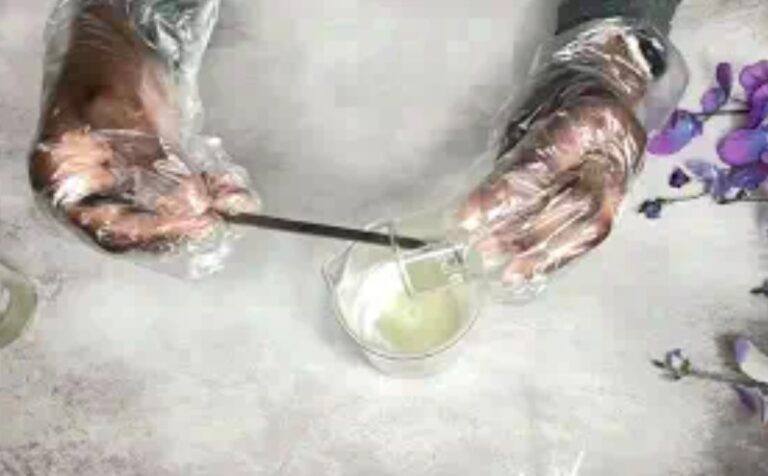Dry skin remedies
Dry skin can be a common issue that affects people of all ages and can be caused by various factors, such as weather conditions, low humidity levels, excessive bathing or showering, harsh soaps, ageing, and certain medical conditions.

Home remedy for dry skin
- Avocado Mask. Read how to make it here
- Banana Mask. Read how to make it here
- Oats Scrub. Read how to make it here
- Greek Yogurt Mask. Read how to make it here
- Facial Oil Blend. Read how to make it here
Fortunately, you can try several remedies and lifestyle changes to alleviate dry skin and restore moisture. Here are some effective dry skin remedies:
Moisturize regularly: One of the most essential steps in managing dry skin is to moisturize it regularly. Use a good-quality moisturizer for dry skin immediately after bathing or showering to lock in moisture. Look for moisturizers that contain ingredients like hyaluronic acid, glycerin, shea butter, or ceramides, which help to hydrate and nourish the skin.
Use mild soaps and cleansers:
Avoid harsh soaps and cleansers that can strip natural oils away from your skin. Opt for gentle, fragrance-free, moisturizing cleansers specially formulated for dry or sensitive skin. Avoid hot showers or baths and use lukewarm water, as hot water can further dry the skin.
Exfoliate gently:
Exfoliating can help remove dead skin cells and improve the absorption of moisturizers. However, be gentle when exfoliating to avoid irritating or damaging the skin. Use a mild exfoliating scrub or a soft brush, and limit exfoliation to once or twice a week.
Humidify the air:
Dry indoor air can worsen dry skin conditions. Use a humidifier to add moisture to the air in your home, especially during the winter months or in dry climates. Aim for a humidity level between 30% and 50% to moisturize the air.
Stay hydrated:
Drinking enough water is crucial for maintaining overall skin health. Hydrating your body from within helps keep your skin hydrated as well. Aim to drink at least eight glasses of water daily, and consider increasing your intake if you live in a dry environment or engage in strenuous physical activity.
Protect your skin from the elements:
Cold weather and wind can exacerbate dry skin. Protect your skin by wearing appropriate clothing, such as scarves, hats, and gloves, to shield it from harsh weather conditions. In addition, use broad-spectrum sunscreen with an SPF of 30 or higher to protect your skin from the drying effects of the sun.
Choose skin-friendly fabrics:
Avoid wearing rough or scratchy fabrics, as they irritate and further dry your skin. Opt for soft, breathable fabrics like cotton or silk less likely to cause friction and irritation.
Avoid irritants:
Certain chemicals and irritants found in products like laundry detergents, fabric softeners, and skin care products can aggravate dry skin. Opt for fragrance-free and hypoallergenic products, and check labels for potential irritants such as alcohol, fragrances, and harsh chemicals.
Use natural remedies:
Several natural ingredients can help soothe and moisturize dry skin. Aloe vera gel, coconut oil, olive oil, honey, and oatmeal are natural remedies that can be applied topically to relieve and hydrate dry skin. However, it’s important to note that everyone’s skin is unique, so it’s a good idea to test these remedies on a small skin patch first to ensure you don’t have any adverse reactions.
Seek medical advice if needed:
If your dry skin persists despite trying home remedies or becomes excessively itchy, inflamed, or painful, it’s advisable to consult a dermatologist. They can identify any underlying skin conditions and provide appropriate treatment options.
Avoid prolonged exposure to hot water:
Long, hot showers or baths can strip your skin of its natural oils and contribute to dryness. Limit your bathing time and use lukewarm water instead.
Pat dry, don’t rub:
Gently pat your skin dry with a soft towel after bathing or washing your face. Avoid rubbing, as it can further irritate and dry out your skin.
Consider using a humidifier in your bedroom:
Running a humidifier while you sleep can help add moisture to the air and prevent your skin from drying excessively overnight.
Protect your hands:
The skin on your hands is often exposed to harsh chemicals and frequent washing, which can lead to dryness. Wear gloves when doing household chores, and apply moisturizing hand cream regularly.
Pay attention to your diet:
A healthy diet rich in omega-3 fatty acids, vitamins, and antioxidants can promote skin health. Include fatty fish, avocados, nuts, seeds, fruits, and vegetables in your diet to nourish your skin from the inside out.
Limit alcohol and caffeine consumption:
Both alcohol and caffeine can dehydrate your body and worsen the symptoms of dry skin. Drink them in moderation and increase your water intake to counteract their dehydrating effects.
Don’t scratch dry, itchy skin:
Scratching can damage your skin and lead to further irritation. Instead, apply a moisturizer or use a cold compress to relieve itching.
Use a humidifier at work:
If you spend significant time in an air-conditioned or heated environment, consider using a small humidifier to add moisture to the air.
Choose makeup and skincare products wisely:
Opt for makeup and skincare products specifically formulated for dry or sensitive skin. Look for labels that indicate they are moisturizing or hydrating, and avoid products that contain drying ingredients like alcohol or fragrances.
Be mindful of your laundry routine:
Use fragrance-free and gentle laundry detergents, and avoid using fabric softeners or dryer sheets that may contain harsh chemicals. Rinse your clothes thoroughly to remove any detergent residue that could irritate your skin.
Note: if your dry skin persists or worsens despite trying various remedies, it’s essential to consult a dermatologist. They can properly diagnose and recommend targeted treatments or prescription medications to address underlying skin conditions.
Taking care of your skin is a continuous process, and it’s essential to establish a skincare routine that suits your needs and preferences. With proper hydration, gentle skincare practices, and consistent use of moisturizers, you can effectively manage dry skin and promote a healthier, more hydrated complexion.





